The world is witnessing the highest levels of human displacement on record. An unprecedented 65.3 million people around the world have been forced from their homes. Among them are over 21 million refugees: people who have fled their country seeking protection from violence or persecution. Over half of the world’s refugees are under the age of 18. Unfortunately the majority of child refugees experience the double jeopardy of losing both their homes and their education. Of the 6 million school-aged refugees under the mandate of UNHCR, 3.7 million are out of school (4 years or more spent out of school). On average, child refugees are five times less likely to attend school than other children. Girls and children with disabilities are even more likely to be out of school. Whilst the challenges of providing education to the world’s child refugees are multiple and varied, with sustained attention, a commitment to creativity and innovation, together with sufficient political will, we believe they can be overcomed.
Currently, we have three major targets for our project: the student(refugee), the tutor(volunteer teacher) and partner companies.
Partner companies
We have two groups of partner companies:Venue companies: They include a wide range of companies that are willing to provide their spaces for a teaching session. This can be a cafe, coffee shop, private libraries, restaurants, etc that a mentor and mentee can meet for their session if they choose to meet in person.Gift(s) companies: These are volunteer companies that are involved in e-commerce, fun parks, and generally sales of different products. We will be partnering with them to get discounts on their various products for our top awesome tutors.
Student AudienceA student can sign up on the application and their location is automatically picked anytime they sign up or sign in. A student has the option to select a preferred subject/skill populated by the most wanted skills, they also have the option to make a new skill request if it doesn’t exist in our database at the time of request. After a selection of the skill they want to learn, they are asked to select preferred date and time on the next view.Based on the time and date selected, they are asked to select the tutoring mode (In person or online). For In person sessions, they see a list of Venue companies within their proximity and they can get to choose the one they want. After a final confirmation of their request details, their request is sent to a tutor with the right skillset in their proximity. For online sessions, their request is sent to a tutor with the right skillset regardless of their proximity.
A student can also give anonymized feedback to the mentor, this is not to discourage the mentor but because we believe there’s always room for improvement and the constructive feedback can always be useful to a mentor. Another exciting activity for a student to give back to the mentor is via the point reward system. On a scale of 1-10, students are required to allocate anonymized points to the tutors for every session, these points will further be converted by the tutor to different goodies in conjunction with our Gift(s) companies.
Local volunteer tutor
A volunteer tutor can see a list of students’ requests arranged in order of their proximity to the student location and the skills they can offer to the students. Before they accept a request, they can see the venue and time chosen by the student. Based on this information, they can choose to do three major actions with the request; accept, decline or suggest a time that works best for them which is further communicated to the student for reconsideration.
On accumulation of points over time, a tutor can redeem their points anytime at any of our Gift(s) companies. They can choose to use some of their points for bonding activities with their student to build great long lasting memories outside the teacher<>student relationship. They can also spend it on any item they want provided one of our gift companies have it in their store or use it to get discounts on a purchase in these stores.
IMPROVEMENT
We believe there’s always room for improvement in every project. We have a list of ways we think our proposed project can be improved:1 to many: Due to the fact that we can have a wide range of students who wants to learn the same skills, our project can be improved to allow students indicate the number of fellow students that are interested in a request that is about to be made and also permit an invitation of these students on completion of the request. There can always be a limit of the number of students per tutor to avoid the issue of one student in the group not catching up.Tracker: Apart from the fact that students can give redeemable points to a tutor, we also want to improve on the concept of tracking a student level/progress in a certain skill. This will ensure proper follow-up and accountability by both tutors and students.Curriculum: For defined subject skills like Mathematics, English, etc, our project can adopt a defined and certified curriculum for each subject per level which can then be extended to tutors in these categories. This will be very helpful in tracking of student progress and also making sure there’s a unified expectations across all level.
LIMITATIONS
Our biggest limitation currently is the availability of a smart phone to all students and we have two proposed solutions in these regards.1. We provide few smartphones by partnering with brand companies like Nokia, Microsoft to each refugee camps in which they can use to make these requests.
2. In the failure to achieve of solution 1, we allow the use of basic GSM phones such that they send a message in an interactive defined format to a number and that number servers as an API endpoint which further parse the information to our server about their request, and the request gets populated on a tutor's phone. When a tutor accepts,decline or suggest a time that works best for them, another message is sent to the server which sends down the tutor decision to the refugee’s number.
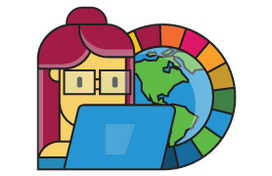

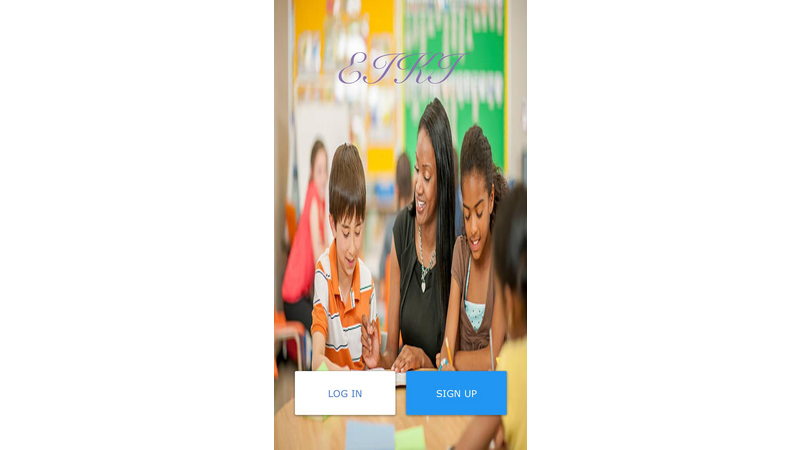
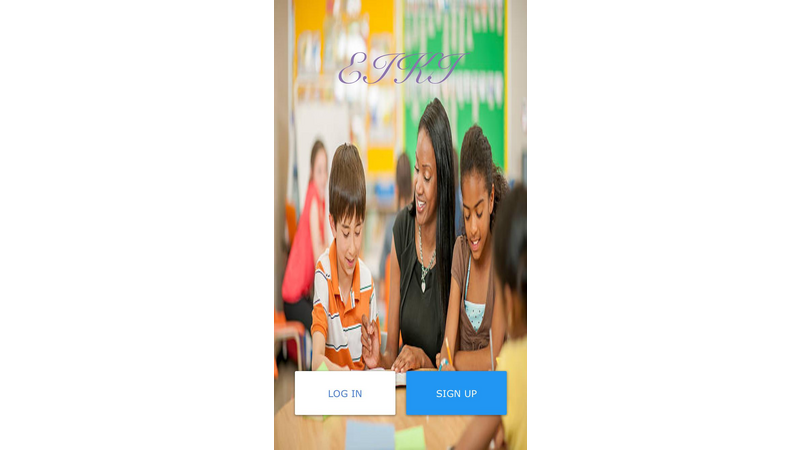
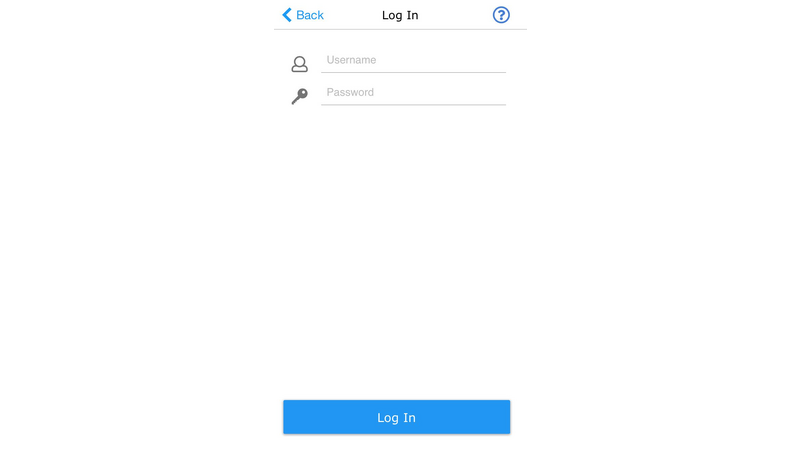

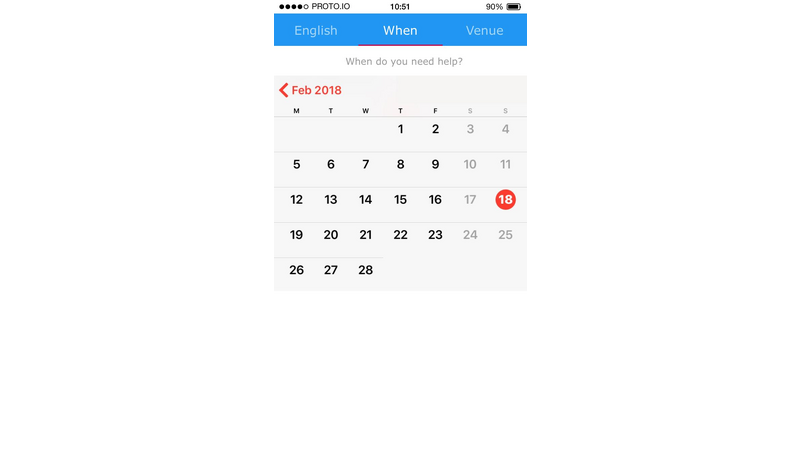
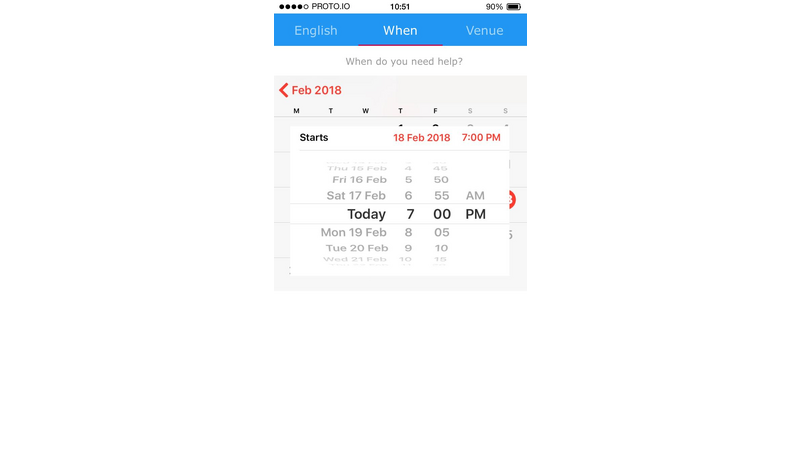
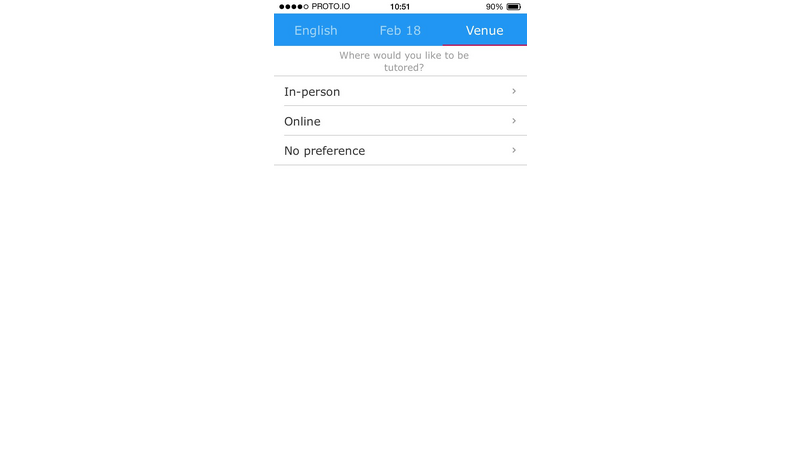
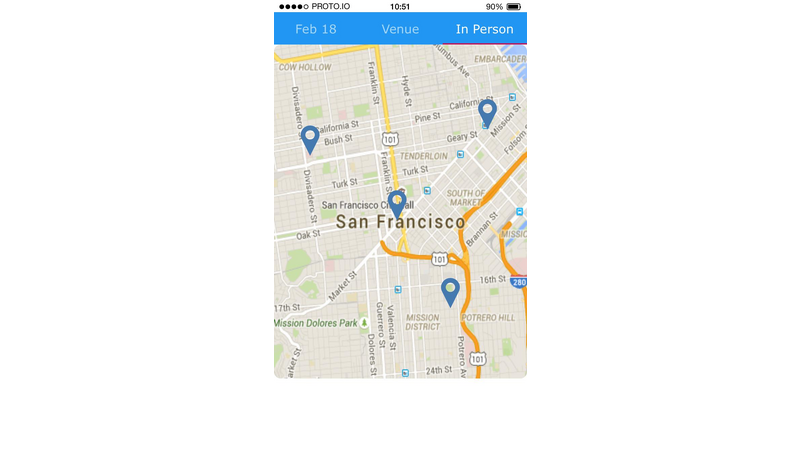
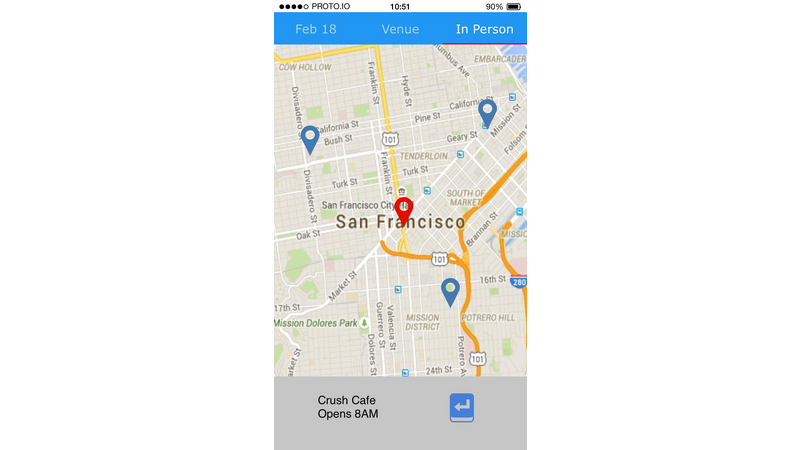
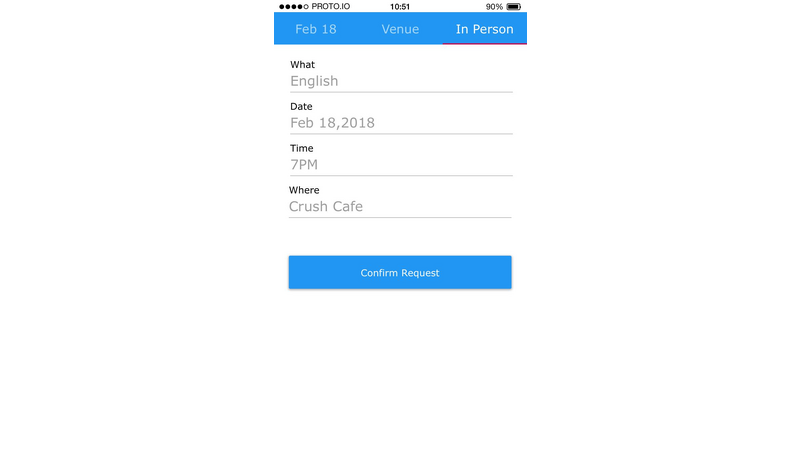
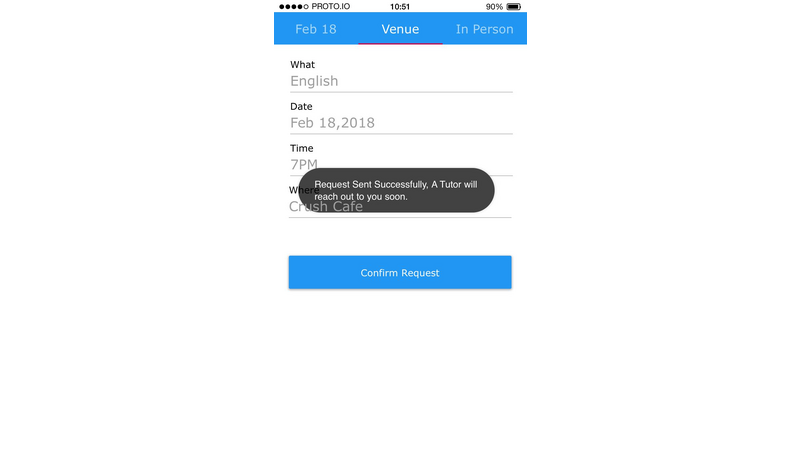
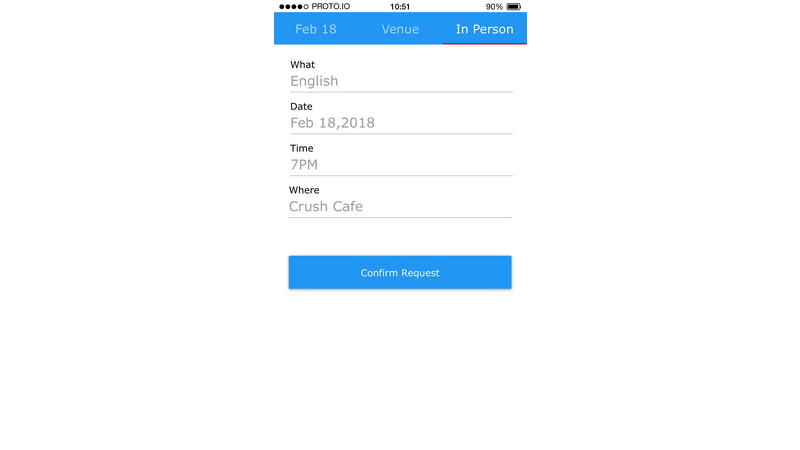
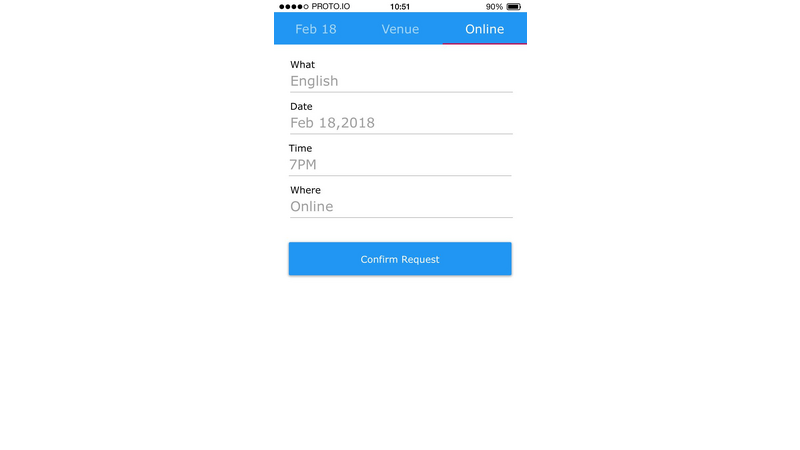

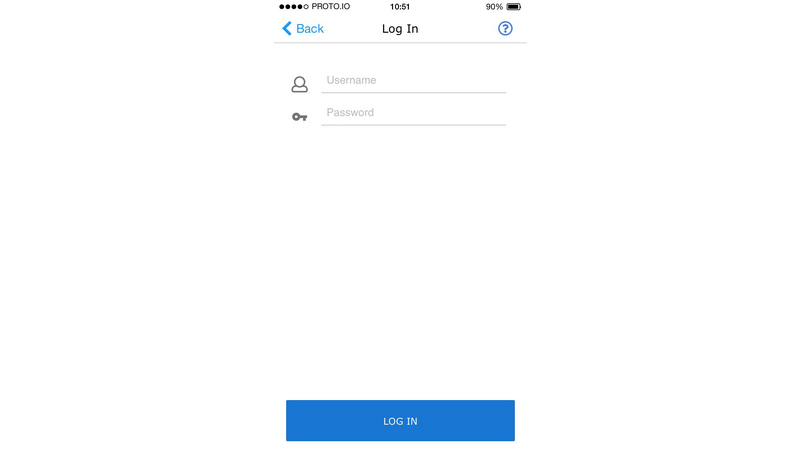
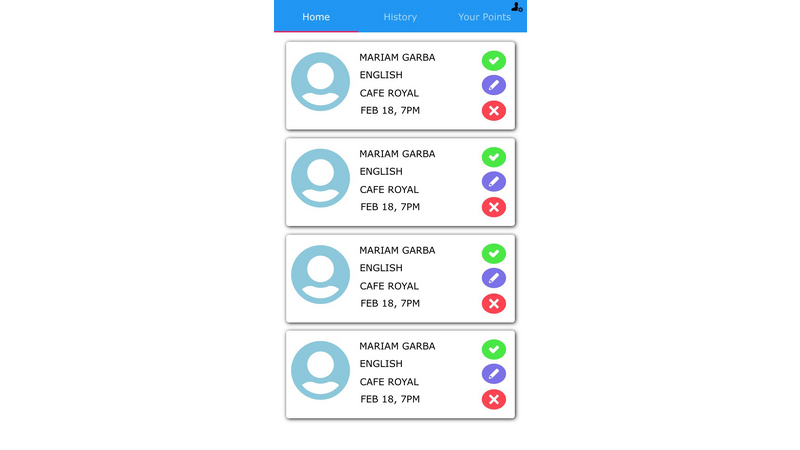
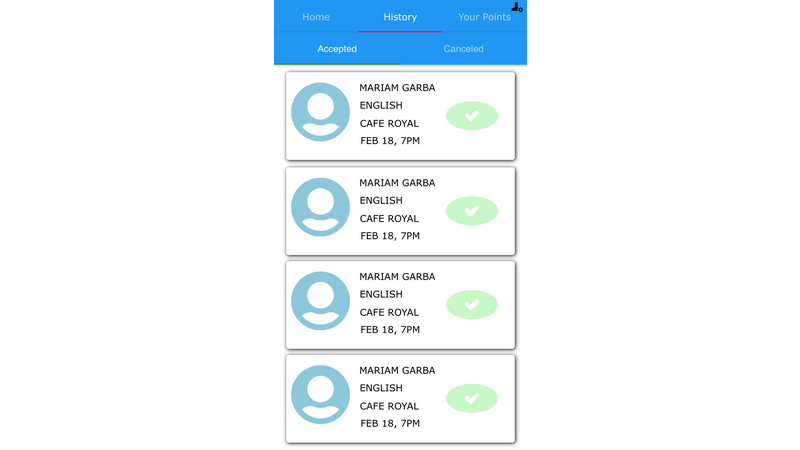
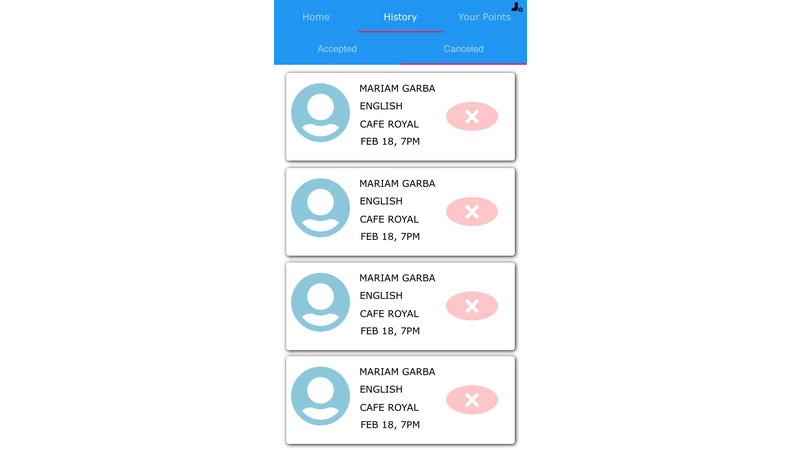
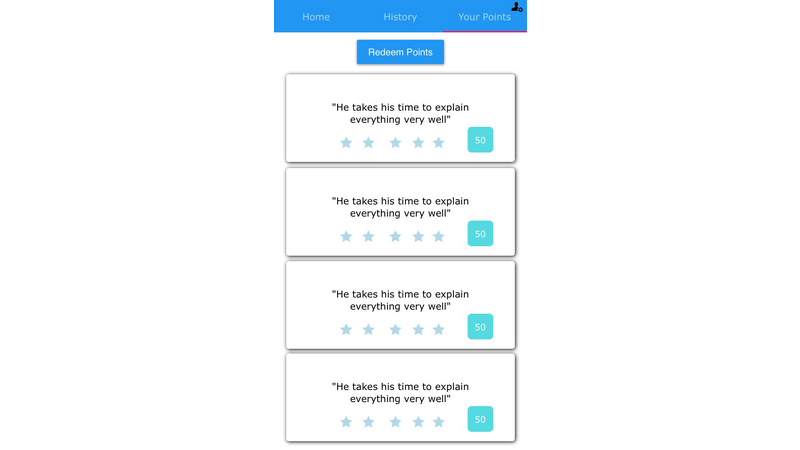
Comments (35)
t
testing
t
testing
t
testing
t
testing
t
testing
t
testing
t
testing
t
testing
t
testing
t
testing